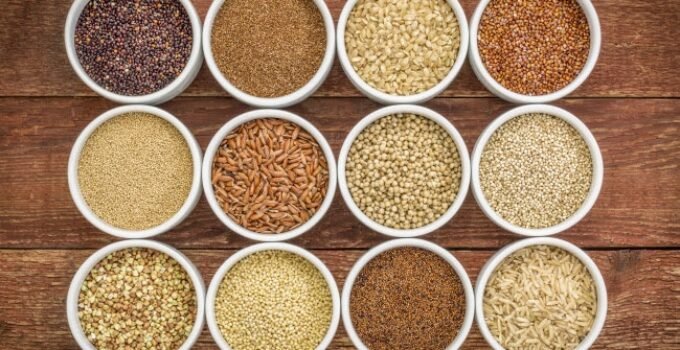Your liver is a vital organ that plays a crucial role in maintaining your overall well-being. Taking care of your liver involves making mindful choices about the foods you consume. In this guide, we’ll explore the best and worst foods for liver health to help you make informed decisions and support this essential organ.
The Best Foods for Liver Health
Fatty Fish:
Rich in omega-3 fatty acids, fish like salmon and mackerel promote a healthy liver by reducing inflammation and supporting the liver’s natural detoxification processes.
Green Leafy Vegetables:
Vegetables such as spinach, kale, and broccoli are packed with antioxidants and fiber, aiding in digestion and reducing stress on the liver.
Nuts and Seeds:
Almonds, walnuts, and flaxseeds are excellent sources of healthy fats, which can contribute to improved liver function.
Turmeric:
The active compound in turmeric, curcumin, has powerful anti-inflammatory properties that may help protect the liver from damage.
Olive Oil:
Choose olive oil over saturated fats for cooking to promote a healthy balance of fats in the liver.
The Worst Foods for Liver Health
Processed Foods:
High in additives, preservatives, and unhealthy fats, processed foods can burden the liver and contribute to inflammation.
Sugary Beverages:
Excessive consumption of sugary drinks like sodas can lead to non-alcoholic fatty liver disease (NAFLD).
Highly Processed Grains:
Refined grains lack essential nutrients and fiber, contributing to insulin resistance and potentially harming the liver.
Red and Processed Meats:
Diets high in red and processed meats may be linked to an increased risk of liver disease, so it’s essential to moderate your intake.
Alcohol:
Excessive alcohol consumption is a leading cause of liver damage, leading to conditions like alcoholic liver disease and cirrhosis.
Tips for Liver-Friendly Eating
Maintain a Balanced Diet:
Include a variety of whole foods in your diet, emphasizing fruits, vegetables, lean proteins, and whole grains.
Stay Hydrated:
Water helps flush toxins from your body, supporting the liver’s detoxification processes.
Limit Salt Intake:
High salt consumption can contribute to liver damage, so opt for fresh, whole foods and moderate your salt intake.
Practice Portion Control:
Overeating can strain the liver, so be mindful of portion sizes to support overall health.
Conclusion: By incorporating liver-friendly foods and avoiding those that may harm this crucial organ, you can play an active role in promoting your overall well-being. Remember, making sustainable lifestyle changes and maintaining a balanced diet are key factors in supporting a healthy liver throughout your life.

